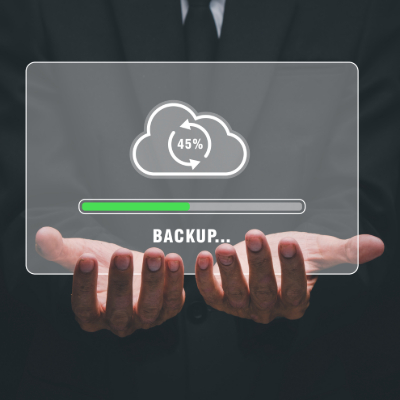You see it everywhere, again and again: how much return an investment into proper business technology will bring, with little to no context behind these claims. We want to fix that. Let’s examine why so much information about modern IT options can be less than helpful, and see if we can’t clarify what it means. Simplifying tech for the businesses we work with is one of our primary goals, after all.
Do you know what goes into a successful data backup strategy? If not, know that your business depends on these contingencies to confidently face the challenges of today’s business world. Today, we’re breaking down the essentials of a sound backup strategy—and trust us when we say it’s more complicated than you think.
There are a few occasions that we get a very apparent example of how important basic cybersecurity is, regardless of where you are, and this year’s National Football League draft is one such example. For those who don’t follow the NFL or the draft proceedings, multiple draftees received prank calls during the process, although one in particular is applicable to businesses of all kinds. Let’s examine this situation to reinforce a few critical cybersecurity best practices.
We’ve all heard it, perhaps even rolled our eyes at it: “Have you tried turning it off and on again?” This seemingly simplistic question has become a running gag in the world of IT support. But beneath the humor lies a fundamental truth: rebooting a device is often the most effective first step in resolving a surprising number of technical glitches. We understand that, although it might sound elementary, this advice is based on solid technical principles.
When your business’ data is so crucial to your successful operations, there are certain precautions that you simply need to take for the sake of your business’ longevity. One such precaution: data backup. Your data is the gas that powers your business’ engine, whether you’re referring to project files and intellectual property or financial info and customer records. As such, imagine what it would mean if your business ran out of gas… or, more accurately, it was siphoned out.






